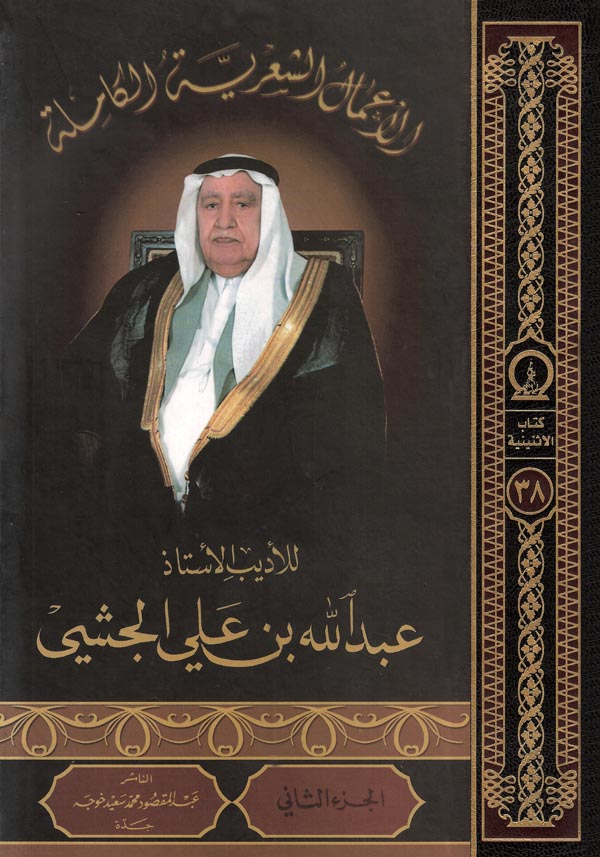|
مكتبة الاثنينية |
|
||||||||||||||||||||||||||||||||||
|
|
|||||||||||||||||||||||||||||||||||
|
|||||||||||||||||||||||||||||||||||
|
|||||||||||||||||||||||||||||||||||
|
| |||||||||||||||||||||||||||||||||||
| |||||||||||||||||||||||||||||||||||
|
| |||||||||||||||||||||||||||||||||||
من اصدارات الاثنينية

الأعمال الشعرية الكاملة للأديب الأستاذعبد الله بن علي الجشي
[الجزء الثاني: 2007]
الأعمال الشعرية والنثرية الكاملة للشاعر والأديب الكبير حسين عبد الله سراج
[الجزء الثامن - المسرحيات الإذاعية: 2005]
 شارع عبد المقصود خوجة
شارع عبد المقصود خوجة 00966-12-6982222 - تحويلة 250
00966-12-6982222 - تحويلة 250




